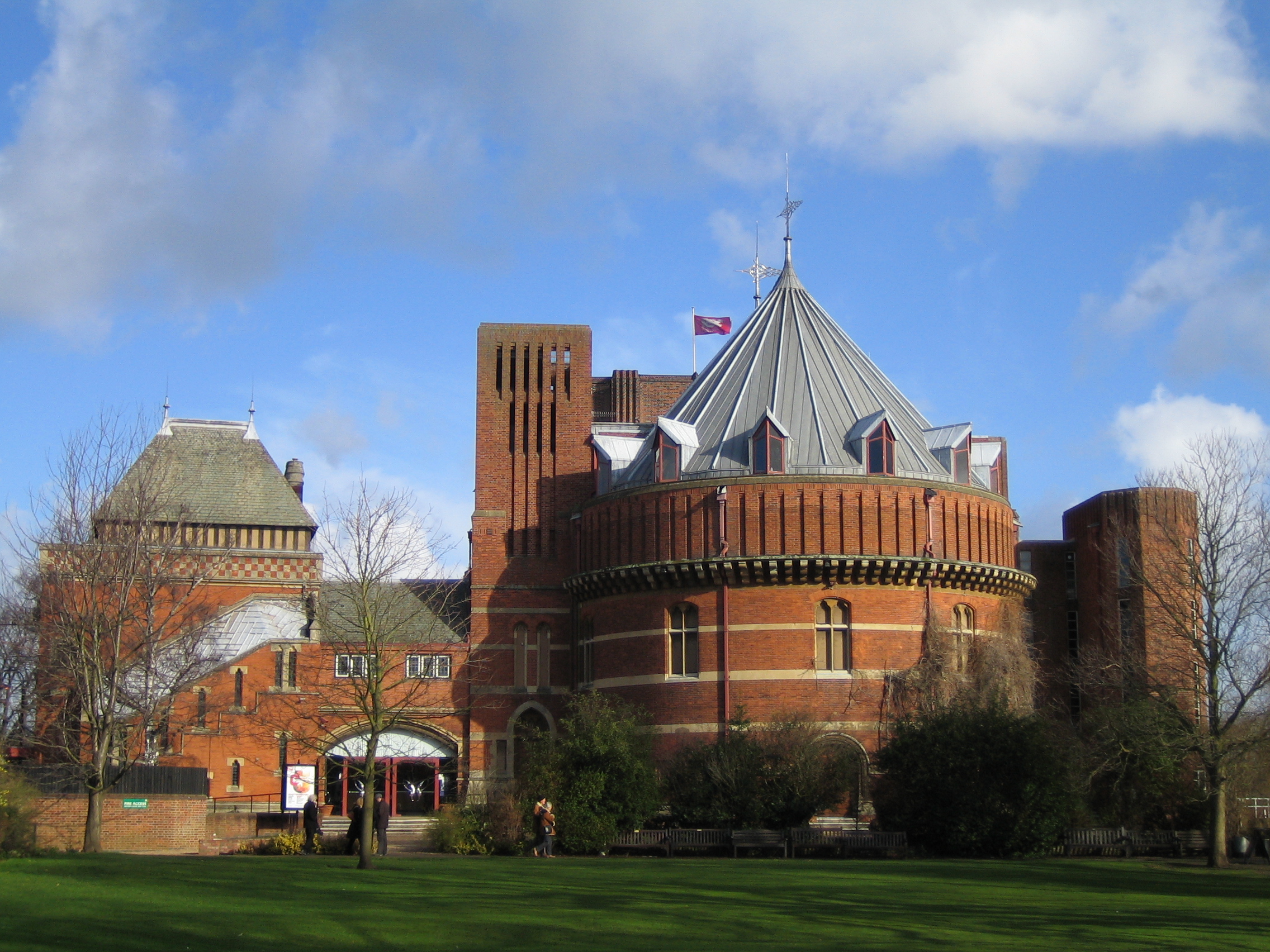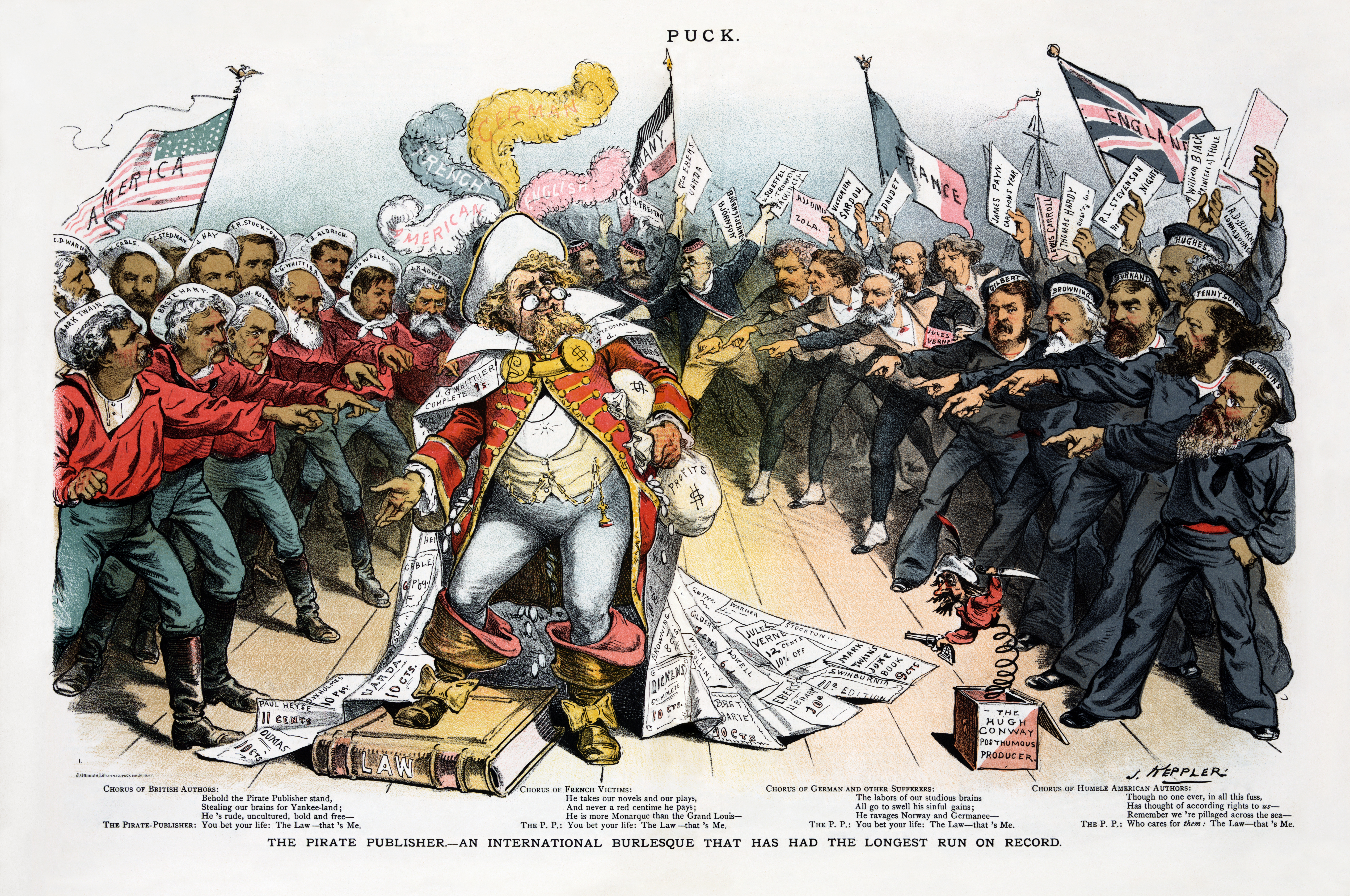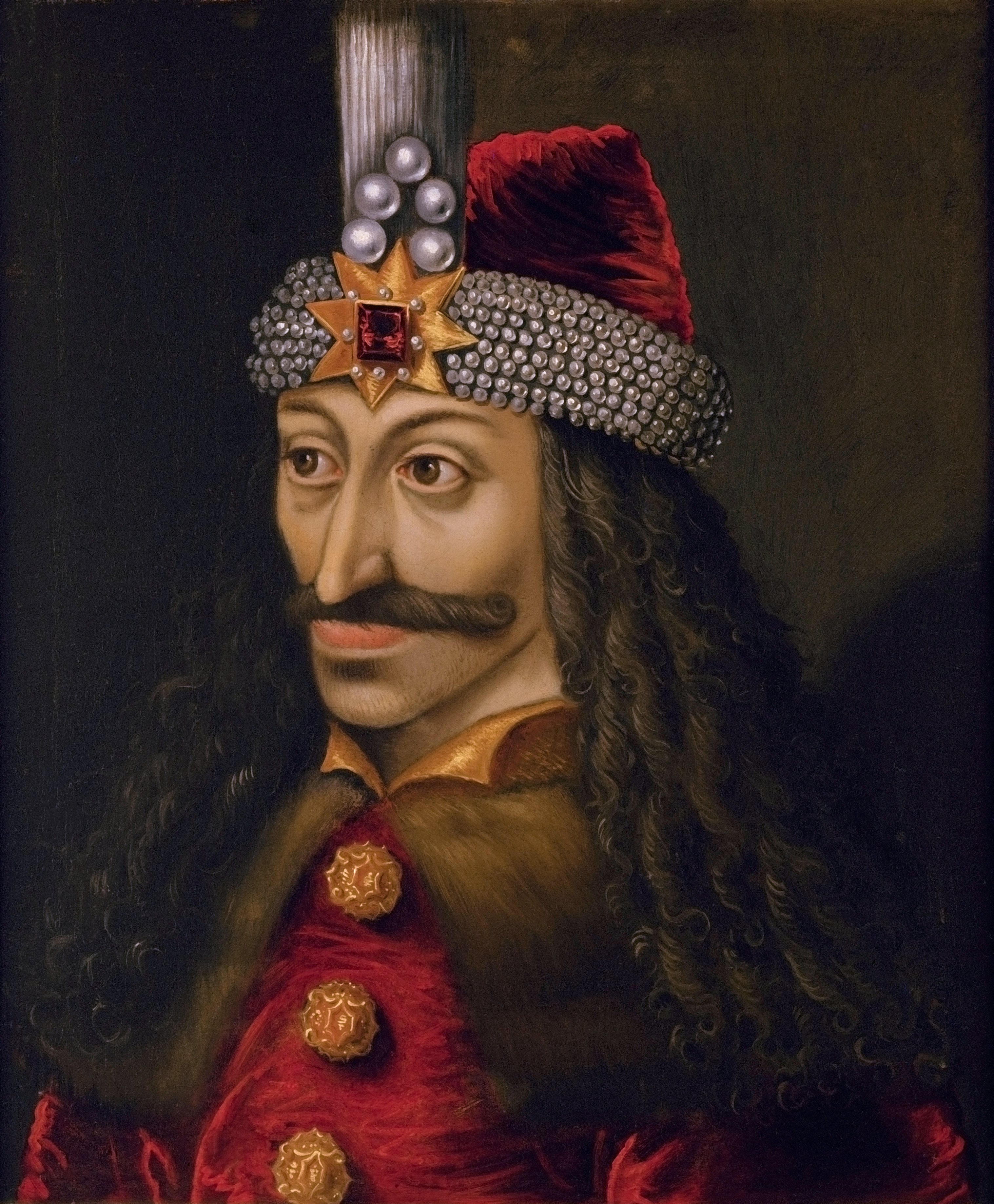|
Copyright Performance
The copyright performance of a play was a first public performance in the United Kingdom, staged purely for the purpose of securing the author's copyright over the text. There was a fear that, if a play's text was published, or a rival production staged, before its official preview or premiere, then the author's rights would be lost; to forestall these abuses, the practice arose of staging a copyright performance, which was notionally public, but in practice staged hastily before an invited audience with no publicity and no regard for the artistic quality of the acting or production. One legal authority wrote that such a performance, "though probably not necessary to fulfill any legal requirement, permits registration of first performance at Stationers' Hall and gives useful public notice to possible infringers." The practice was common in the decades after the Berne Convention of 1886; the United States was not a signatory, and plays first staged there were uncopyrightable in the U ... [...More Info...] [...Related Items...] OR: [Wikipedia] [Google] [Baidu] |
Play (theatre)
A play is a work of drama, usually consisting mostly of dialogue between characters and intended for theatrical performance rather than just reading. The writer of a play is called a playwright. Plays are performed at a variety of levels, from London's West End and Broadway in New York City – which are the highest level of commercial theatre in the English-speaking world – to regional theatre, to community theatre, as well as university or school productions. A stage play is a play performed and written to be performed on stage rather than broadcast or made into a movie. Stage plays are those performed on any stage before an audience. There are rare dramatists, notably George Bernard Shaw, who have had little preference as to whether their plays were performed or read. The term "play" can refer to both the written texts of playwrights and to their complete theatrical performance. Comedy Comedies are plays which are designed to be humorous. Comedies are often filled ... [...More Info...] [...Related Items...] OR: [Wikipedia] [Google] [Baidu] |
Theatre In The United Kingdom
Theatre of United Kingdom plays an important part in British culture, and the countries that constitute the UK have had a vibrant tradition of theatre since the Renaissance with roots going back to the Roman occupation. Beginnings Theatre was introduced from Europe to what is now the United Kingdom by the Romans and auditoriums were constructed across the country for this purpose (an example has been excavated at Verulamium). By the medieval period, theatre had developed with the mummers' plays, a form of early street theatre associated with the Morris dance, concentrating on themes such as Saint George and the Dragon and Robin Hood. These were folk tales re-telling old stories, and the actors travelled from town to town performing these for their audiences in return for money and hospitality. Medieval theatre: 500–1500 The medieval mystery plays and morality plays, which dealt with Christian themes, were performed at religious festivals. The most important work of lite ... [...More Info...] [...Related Items...] OR: [Wikipedia] [Google] [Baidu] |
Copyright
A copyright is a type of intellectual property that gives its owner the exclusive right to copy, distribute, adapt, display, and perform a creative work, usually for a limited time. The creative work may be in a literary, artistic, educational, or musical form. Copyright is intended to protect the original expression of an idea in the form of a creative work, but not the idea itself. A copyright is subject to limitations based on public interest considerations, such as the fair use doctrine in the United States. Some jurisdictions require "fixing" copyrighted works in a tangible form. It is often shared among multiple authors, each of whom holds a set of rights to use or license the work, and who are commonly referred to as rights holders. These rights frequently include reproduction, control over derivative works, distribution, public performance, and moral rights such as attribution. Copyrights can be granted by public law and are in that case considered "territorial righ ... [...More Info...] [...Related Items...] OR: [Wikipedia] [Google] [Baidu] |
Preview (theatre)
Previews are a set of public performances of a theatrical presentation that precede its official opening. The purpose of previews is to allow the director and crew to identify problems and opportunities for improvement that were not found during rehearsals and to make adjustments before critics A critic is a person who communicates an assessment and an opinion of various forms of creative works such as art, literature, music, cinema, theater, fashion, architecture, and food. Critics may also take as their subject social or governme ... are invited to attend. The duration of the preview period varies, and ticket prices may be reduced. The term can also be used to describe an exhibition of a film to evaluate an audience's reaction and make possible changes before its official release. (This is different from a " trailer", a short advertisement for a finished film.) References * Stage terminology Types of polling {{Theatre-stub de:Vorschau ... [...More Info...] [...Related Items...] OR: [Wikipedia] [Google] [Baidu] |
Premiere
A première, also spelled premiere, is the debut (first public presentation) of a play, film, dance, or musical composition. A work will often have many premières: a world première (the first time it is shown anywhere in the world), its first presentation in each country, and an online première (the first time it is published on the Internet). When a work originates in a country that speaks a different language from that in which it is receiving its national or international première, it is possible to have two premières for the same work in the same country—for example, the play ''The Maids'' by the French dramatist Jean Genet received its British première (which also happened to be its world première) in 1952, in a production given in the French language. Four years later, it was staged again, this time in English, which was its English-language première in Britain. History Raymond F. Betts attributes the introduction of the film premiere to showman Sid Grauman, who ... [...More Info...] [...Related Items...] OR: [Wikipedia] [Google] [Baidu] |
Stationers' Hall
The Worshipful Company of Stationers and Newspaper Makers (until 1937 the Worshipful Company of Stationers), usually known as the Stationers' Company, is one of the livery companies of the City of London. The Stationers' Company was formed in 1403; it received a royal charter in 1557. It held a monopoly over the publishing industry and was officially responsible for setting and enforcing regulations until the enactment of the Statute of Anne, also known as the Copyright Act of 1710. Once the company received its charter, "the company’s role was to regulate and discipline the industry, define proper conduct and maintain its own corporate privileges." The company members, including master, wardens, assistants, liverymen, freemen and apprentices are mostly involved with the modern visual and graphic communications industries that have evolved from the company's original trades. These include printing, papermaking, packaging, office products, engineering, advertising, design, ph ... [...More Info...] [...Related Items...] OR: [Wikipedia] [Google] [Baidu] |
Berne Convention
The Berne Convention for the Protection of Literary and Artistic Works, usually known as the Berne Convention, was an international assembly held in 1886 in the Swiss city of Bern by ten European countries with the goal to agree on a set of legal principles for the protection of original work. They drafted and adopted a multi-party contract containing agreements for a uniform, crossing border system that became known under the same name. Its rules have been updated many times since then. The treaty provides authors, musicians, poets, painters, and other creators with the means to control how their works are used, by whom, and on what terms. In some jurisdictions these type of rights are being referred to as copyright. The United States became a party in 1989. As of November 2022, the Berne Convention has been ratified by 181 states out of 195 countries in the world, most of which are also parties to the Paris Act of 1971. The Berne Convention introduced the concept that prote ... [...More Info...] [...Related Items...] OR: [Wikipedia] [Google] [Baidu] |
George Bernard Shaw
George Bernard Shaw (26 July 1856 – 2 November 1950), known at his insistence simply as Bernard Shaw, was an Irish playwright, critic, polemicist and political activist. His influence on Western theatre, culture and politics extended from the 1880s to his death and beyond. He wrote more than sixty plays, including major works such as ''Man and Superman'' (1902), ''Pygmalion'' (1913) and '' Saint Joan'' (1923). With a range incorporating both contemporary satire and historical allegory, Shaw became the leading dramatist of his generation, and in 1925 was awarded the Nobel Prize in Literature. Born in Dublin, Shaw moved to London in 1876, where he struggled to establish himself as a writer and novelist, and embarked on a rigorous process of self-education. By the mid-1880s he had become a respected theatre and music critic. Following a political awakening, he joined the gradualist Fabian Society and became its most prominent pamphleteer. Shaw had been writing plays for years ... [...More Info...] [...Related Items...] OR: [Wikipedia] [Google] [Baidu] |
The Philanderer
''The Philanderer'' is a play by George Bernard Shaw. It was written in 1893 but the strict British censorship laws at the time meant that it was not produced on stage until 1902. It is one of the three plays Shaw published as ''Plays Unpleasant'' in 1898, alongside ''Widowers' Houses'' and ''Mrs Warren's Profession''. The volume was written to raise awareness of social problems and criticize capitalist behaviour. The influence of Naturalist playwrights is evident by Shaw's constant reference to Ibsen in the play. The Naturalist theatre movement was a reaction to Melodrama, the Victorian theatre tradition of the time. Shaw wrote two endings for this play; the first ending, with divorce as its main theme, was discarded on the advice of a friend, the second ending resulting in a more conventional marriage. It is the latter that is usually performed or published, though the former is the more in keeping with Shaw's tendencies to criticize contemporary society. Characters *Leona ... [...More Info...] [...Related Items...] OR: [Wikipedia] [Google] [Baidu] |
Lord Chamberlain
The Lord Chamberlain of the Household is the most senior officer of the Royal Household of the United Kingdom, supervising the departments which support and provide advice to the Sovereign of the United Kingdom while also acting as the main channel of communication between the Sovereign and the House of Lords. The office organises all ceremonial activity such as garden parties, state visits, royal weddings, and the State Opening of Parliament. They also handle the Royal Mews and Royal Travel, as well as the ceremony around the awarding of honours. For over 230 years, the Lord Chamberlain had the power to decide which plays would be granted a licence for performance. From 1737 to 1968, this meant that the Lord Chamberlain had the capacity to censor theatre at his pleasure. The Lord Chamberlain is always sworn of the Privy Council, is usually a peer and before 1782 the post was of Cabinet rank. The position was a political one until 1924. The office dates from the Middle Ages ... [...More Info...] [...Related Items...] OR: [Wikipedia] [Google] [Baidu] |
Novelist
A novelist is an author or writer of novels, though often novelists also write in other genres of both fiction and non-fiction. Some novelists are professional novelists, thus make a living writing novels and other fiction, while others aspire to support themselves in this way or write as an avocation. Most novelists struggle to have their debut novel published, but once published they often continue to be published, although very few become literary celebrities, thus gaining prestige or a considerable income from their work. Description Novelists come from a variety of backgrounds and social classes, and frequently this shapes the content of their works. Public reception of a novelist's work, the literary criticism commenting on it, and the novelists' incorporation of their own experiences into works and characters can lead to the author's personal life and identity being associated with a novel's fictional content. For this reason, the environment within which a novelist works ... [...More Info...] [...Related Items...] OR: [Wikipedia] [Google] [Baidu] |
Dracula
''Dracula'' is a novel by Bram Stoker, published in 1897. As an epistolary novel, the narrative is related through letters, diary entries, and newspaper articles. It has no single protagonist, but opens with solicitor Jonathan Harker taking a business trip to stay at the castle of a Transylvanian nobleman, Count Dracula. Harker escapes the castle after discovering that Dracula is a vampire, and the Count moves to England and plagues the seaside town of Whitby. A small group, led by Abraham Van Helsing, hunt Dracula and, in the end, kill him. ''Dracula'' was mostly written in the 1890s. Stoker produced over a hundred pages of notes for the novel, drawing extensively from Transylvanian folklore and history. Some scholars have suggested that the character of Dracula was inspired by historical figures like the Wallachian prince Vlad the Impaler or the countess Elizabeth Báthory, but there is widespread disagreement. Stoker's notes mention neither figure. He found the name ''D ... [...More Info...] [...Related Items...] OR: [Wikipedia] [Google] [Baidu] |
.jpg)


.jpg)



